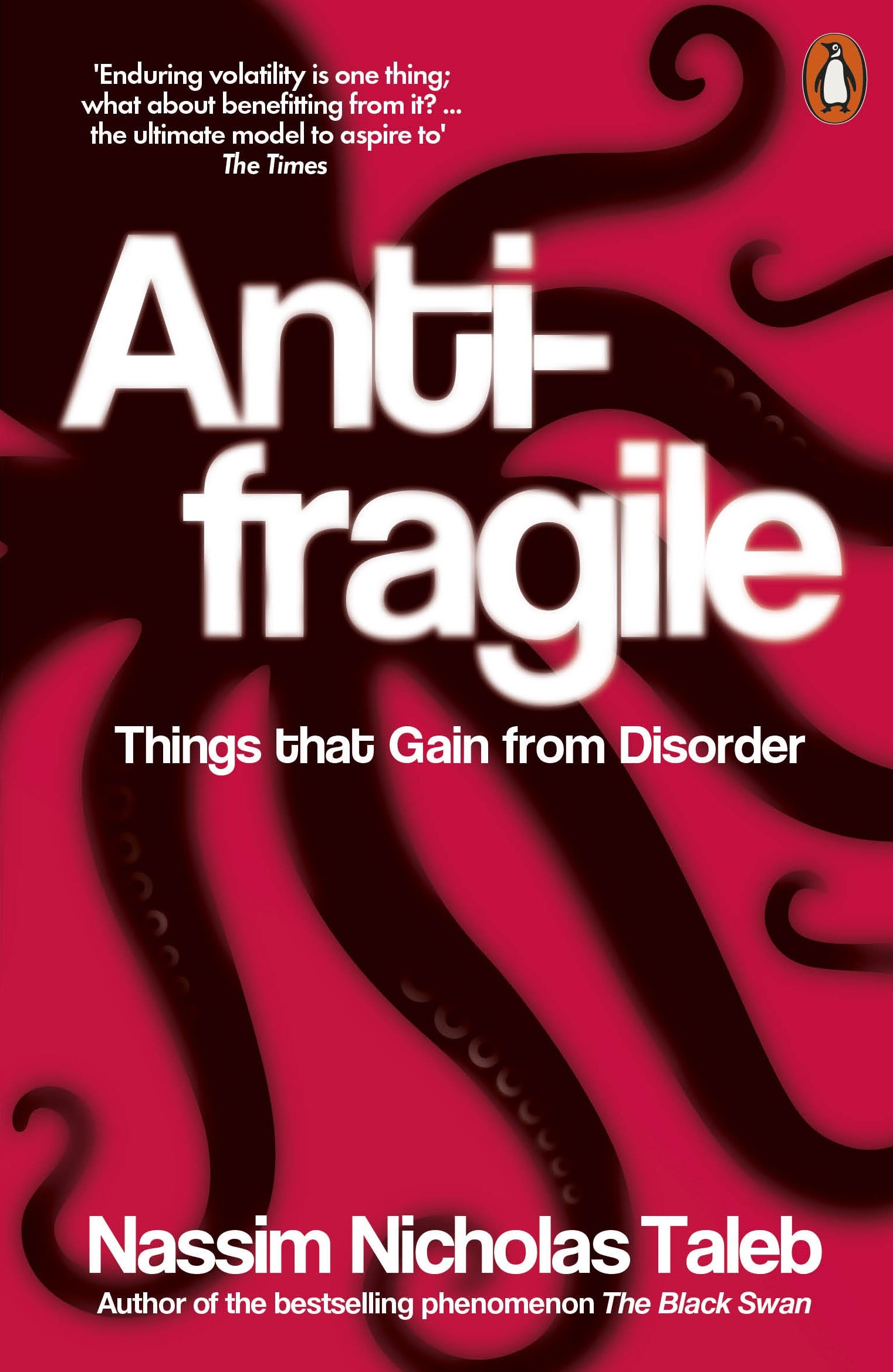Two of my favourite books are Nicholas Nassim Taleb’s “Antifragile” and Daniel Kahnemann’s “Thinking Fast & Slow”. I love these books as they provide lenses through which to view the world around you. Both books have overlapping ideas, mainly around the slew of biases and pitfalls humans have when thinking about probability and rationalisation. We believe we are far more rational and smart than we are.
One bias both books draw upon is the narrative bias. This states that events are easy to explain in reverse. We often look back on events that happened, and, to give us a semblance of worldly control, we explain them by telling a story. We explain successes, failures, discoveries, travesties and ecstasies through a causal chain of rationalisation that is rarely true when time moves forward. We miss the parts that “randomness” and “blind luck” play in life’s events.
Malcolm Gladwell tells the tale of professional hockey players in outliers. He found that the majority of professional players were born in the first three months of the year. This “skew” is explained by how age groups are determined at youth level. These are organised by the calendar year. January born players are often bigger when they start playing, with greater development of motor skills. They get picked for the representative teams, play more hockey, get better coaching and eventually “make it”. This pathway is determined by luck.
Efforts to improve social mobility is along similar lines. Initiatives are often designed by people who have “made it”. They are in good jobs or secure in some other way. They might have experienced a “difficult background”, but achieved against the odds. They then want to help others do the same, but they are armed with their “narrative bias” explaining the story of how they themselves “made it”. Our own stories often champion our greatness and downplay luck. We see ourselves as smarter, more hard working, more aspirational and altogether better than the rest. You see it with our ruling class. They are where they are due to their superior intelligence, work ethic and character. If they can somehow teach the masses to be more intelligent or have a batter character, they too can succeed! It’s easy!
Yet, this narrative downplays luck. It might be through who you meet, a teacher you have, a chance you get, winning the parent lottery, a friend you have, a lucky application you make etc etc. Luck plays a far bigger part in all of our lives than we care to admit.
The problem with social mobility initiatives is they never include thoughts from the unlucky. We never see homeless people on these committees, talented people in dead-end jobs who never received a lucky break, people who are out of work, on benefits and accessing food banks. Government social mobility tsars are never the people who have been let down by the system. They are always the “successful” who have somehow “overcome the odds”.
We absolutely need people like this to champion the case for social mobility. We do, however, also need people who haven’t been so lucky. These people will tell us about the real challenges people face, what life looks like when you don’t get a lucky break. The point is that each of our lives could have taken a very different trajectory had circumstance varied ever so slightly. If we write prescriptions based on what we think helps people “become like us”, we’ll be treating edge cases as opposed to the people really in need.

